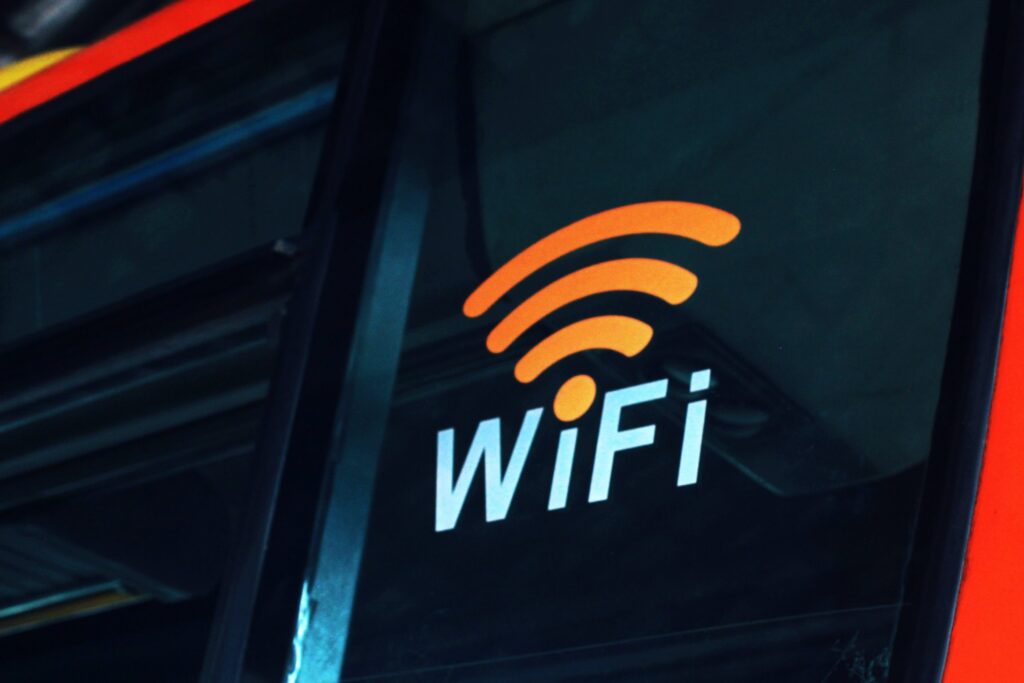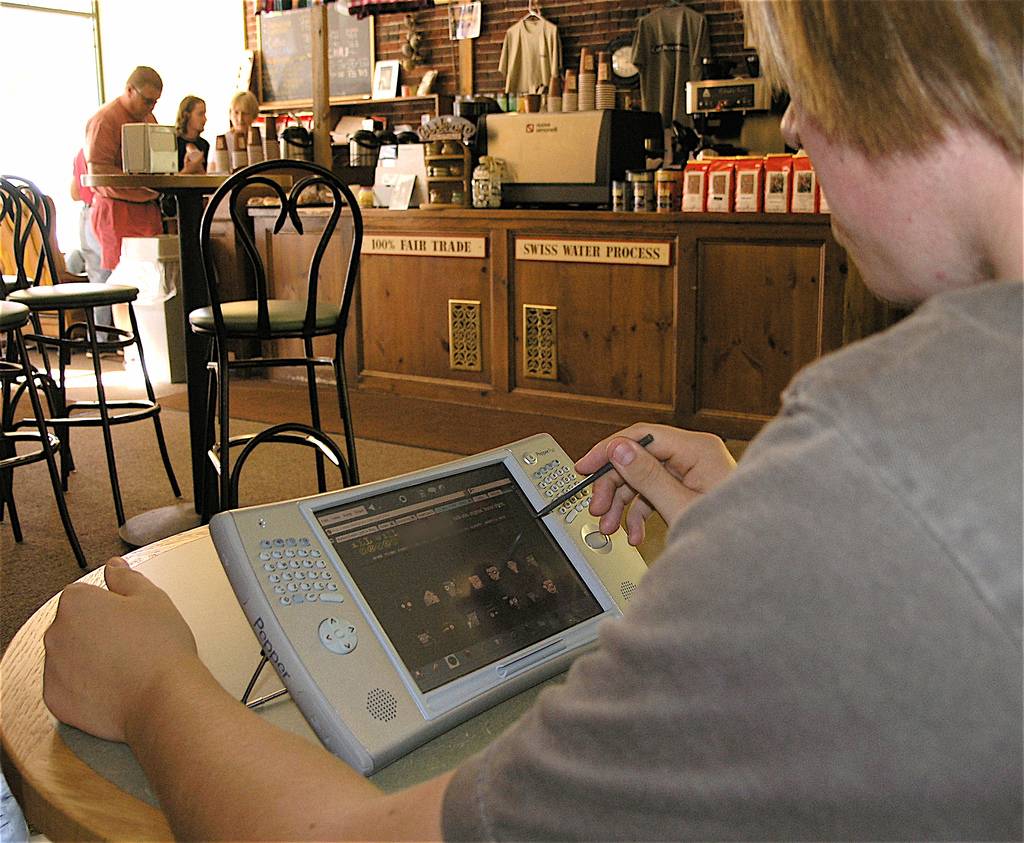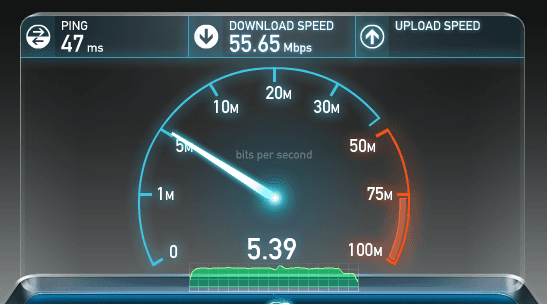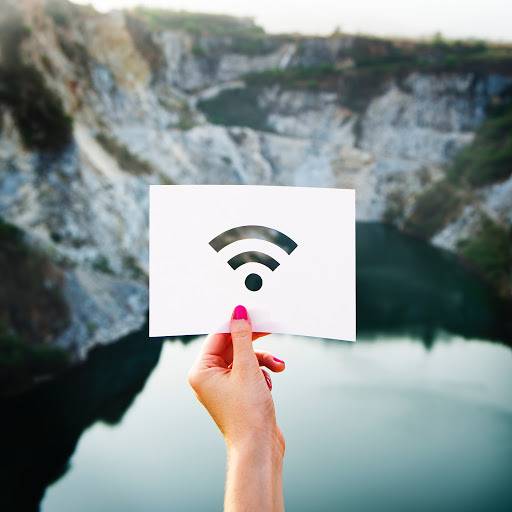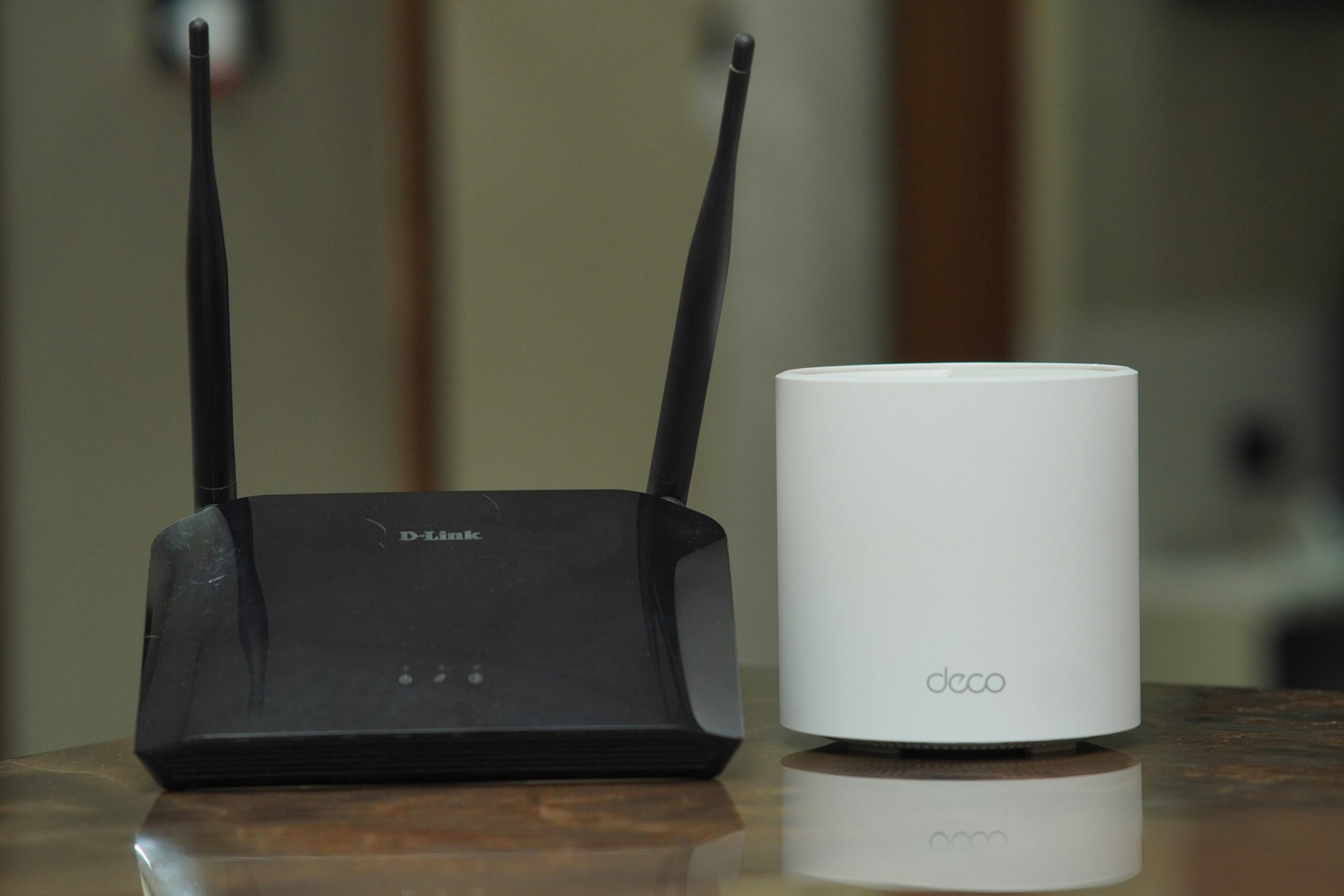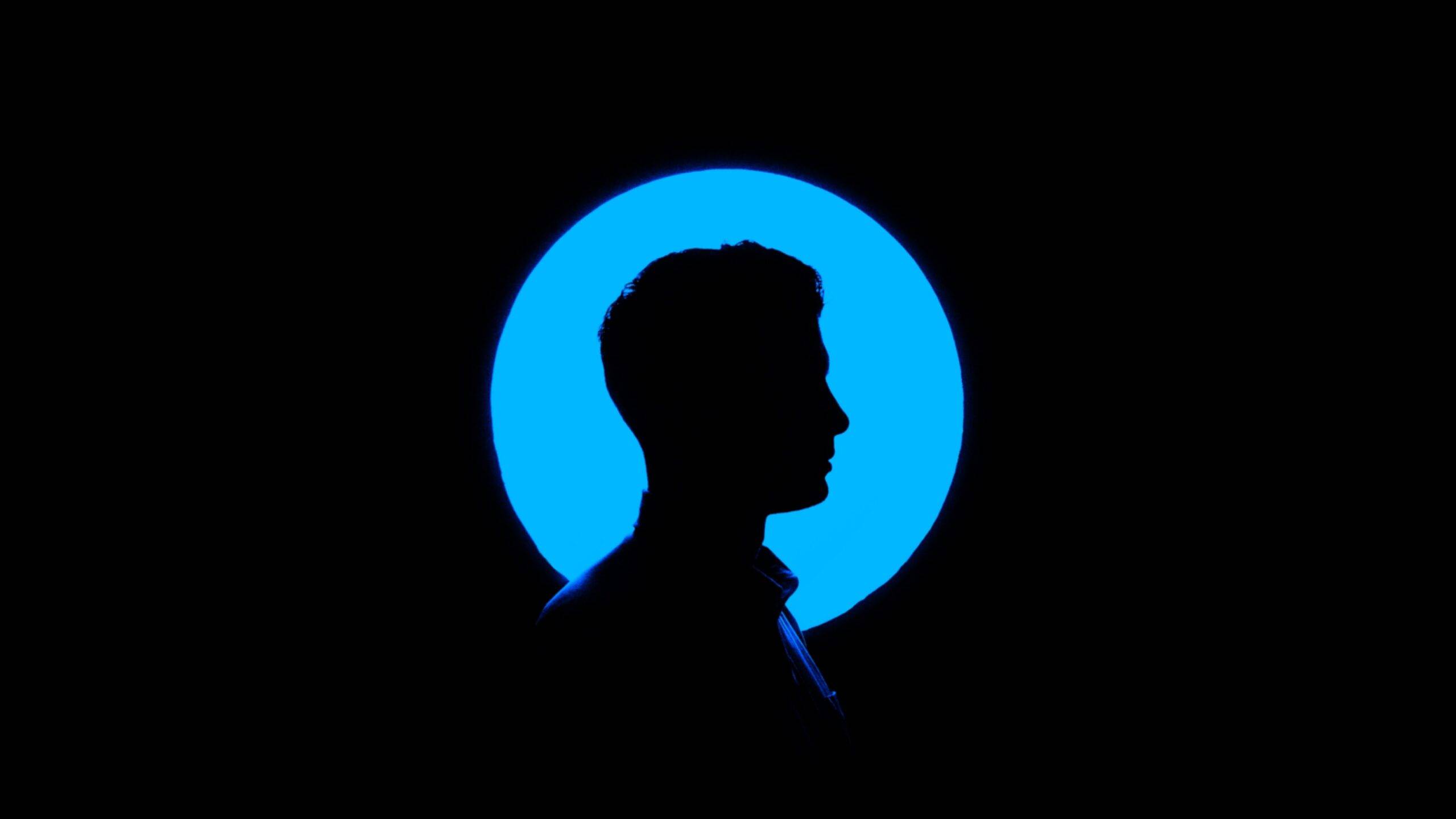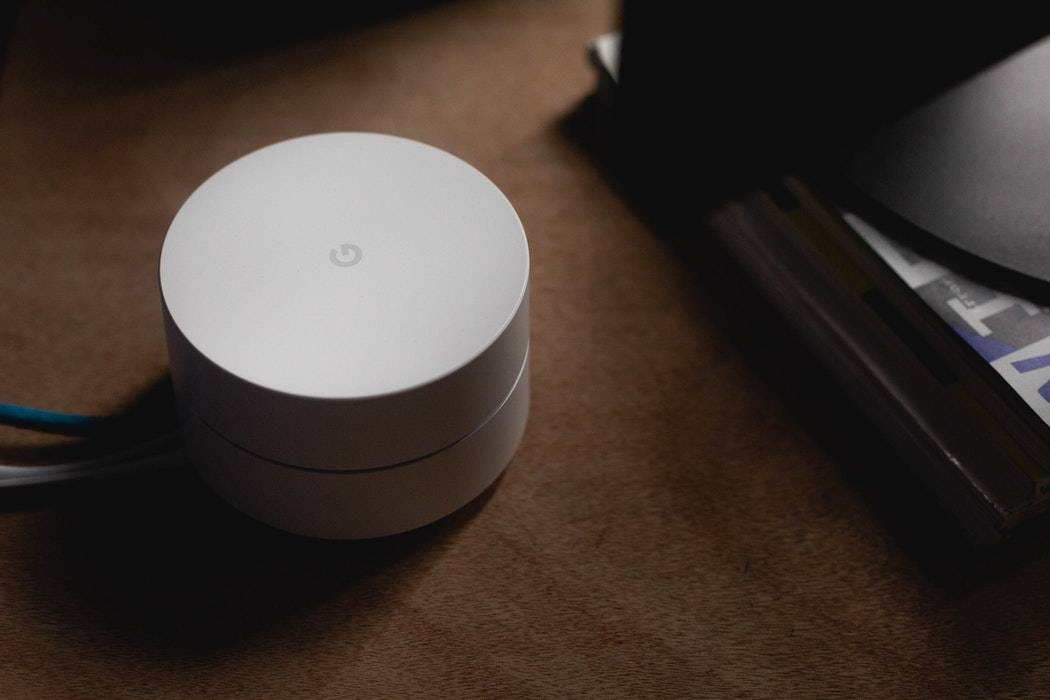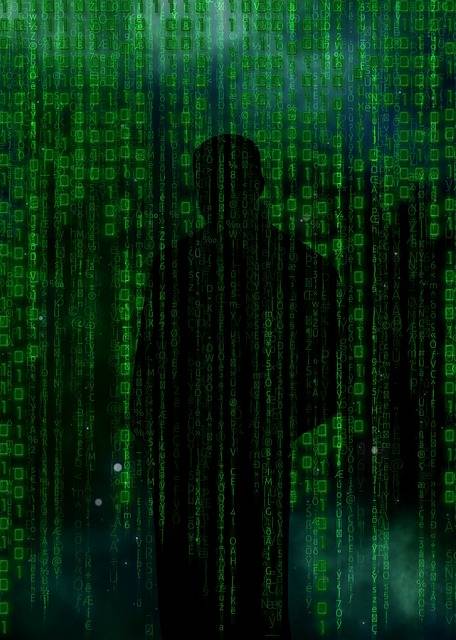If you spend a lot of time “Googling” on a public wifi connection, then maybe you should think twice.
Love getting free Wi-Fi? Yep so do we, but free Wi-Fi may have more risks than we think while we’re sucking down our soy vanilla lattes and shopping on Ebay at the local Starbucks. The truth is, that with any unsecured network your putting yourself at risk for someone seeing what your doing and possibly sealing your information.
Most Wi-Fi hotspots don’t encrypt the information sent over the internet and are not secure. If a person uses an unsecured network to log in to an unencrypted site or a site that uses encryption only on the sign-in page other users on the network can see what is sent. New hacking tools available for free online make this easy, even for users with limited technical know how. A Wi-Fi user’s personal information, private documents, contacts, family photos, and even login credentials could be up for grabs.
The Federal Trade Commission just released a new set of guidelines for surfing those free hotspots. Check it out here. So how do you know if you’re even surfing a safe connection? Here are a few guidelines that will help you to determine just that.
1. Does the Wi-Fi you’re using have a password to log in, or can you hop right on? Well yes, being able to not have to ask the clerk for the password is convenient, but do you really want to jeopardize your security just for this mild inconvenience?
2. On that note only use Wi-Fi that requires a WEP password (WPA2 is even safer if you can find it).
3. Does the website URL (address) start with https? While anyone can start their address with http, https is only given to those websites that are secured networks such as banks, paypal, etc.
4. Another good way to check for this is if there is a little lock symbol either at the bottom of the page or in the URL bar (depending on which browser you are using).
5. Don’t go to any of your sites that need your personal password while your on an unsecured network. This just screams steal me.
6. Ok, we know that might not be a possibility but at least log out immediately after you’re done so you aren’t continuously logged in therefore increasing your chances of having your information stolen.
View original article here.
